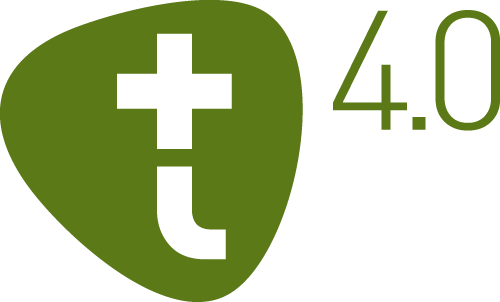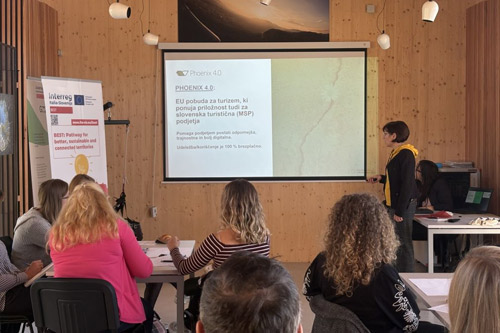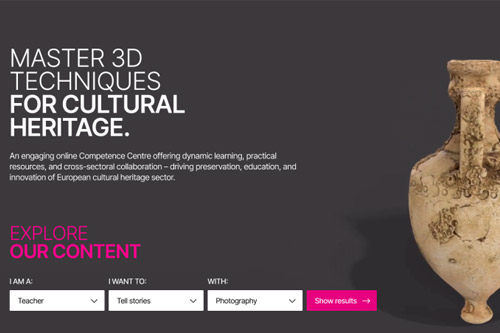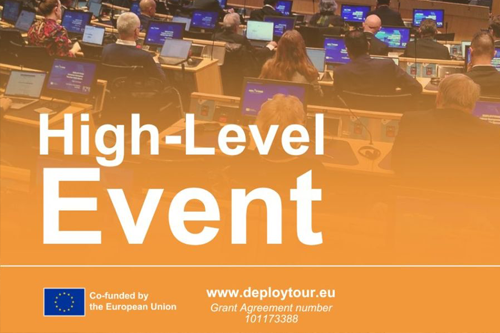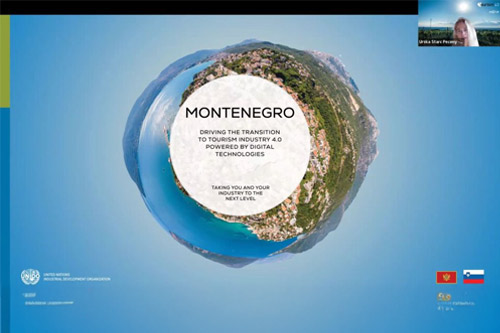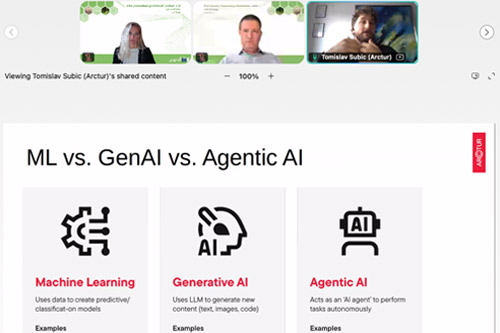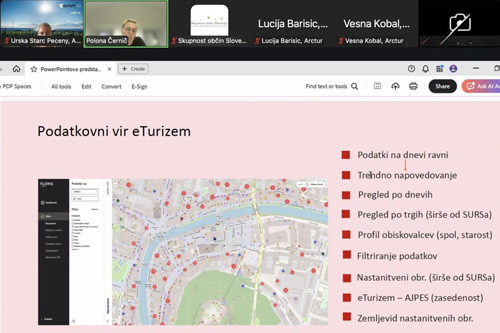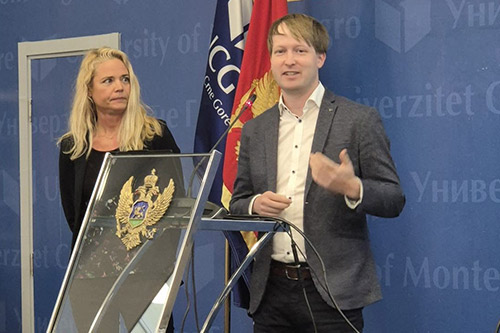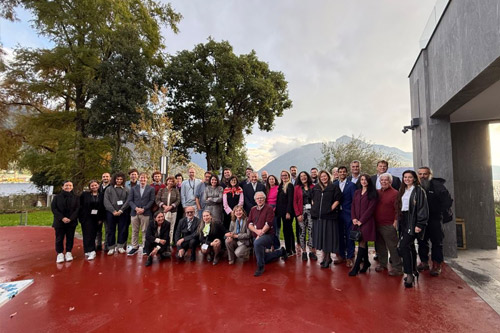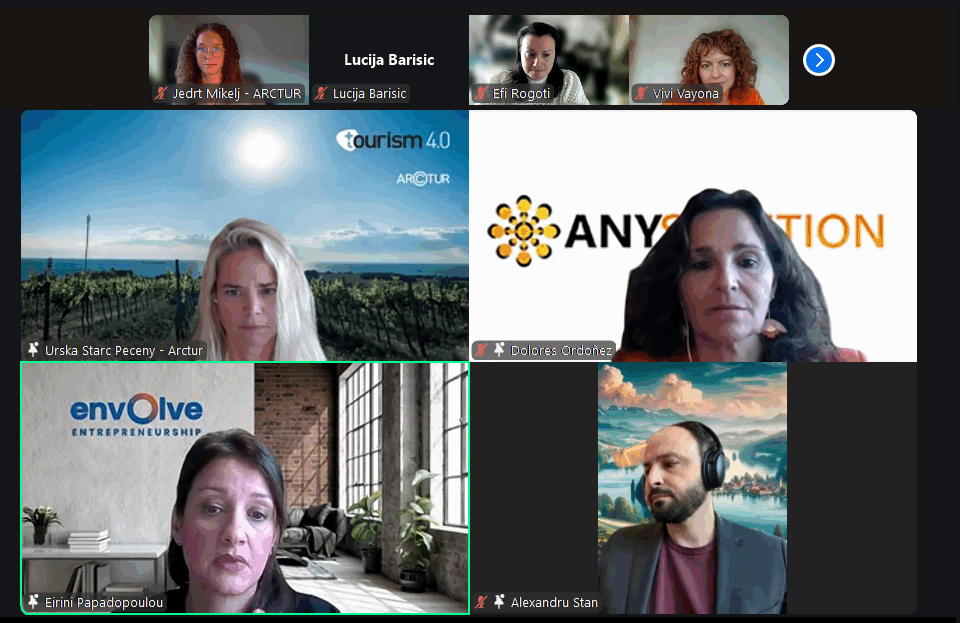SEISMEC
SEISMEC is revolutionizing digital and industrial technology development through 17 pilot projects in 19 companies across 14 countries, prioritizing a human-centric approach aligned with European values. The project, led by a consortium at the forefront of engineering and social sciences, marks a significant shift towards empowerment in European industry. SEISMEC is a pioneering initiative set to demonstrate the advancement of digital and industrial technologies through a human-centric and ethical lens. Encompassing 17 pilot projects across 19 companies in 14 countries and 14 industrial ecosystems, SEISMEC's two-way engagement model actively involves end-users and workers in the technology development process, fostering a shift towards empowerment labeled the SEISMEC shift. Prioritizing European social and ethical values, the project measures success through CAPS empowerment factors, including Creativity, Collaboration, Autonomy, Automation, Productivity, Privacy, Safety, and Job Satisfaction. Technical innovations like explainability and co-development enhance human centrism, incorporating plans and innovations from companies and workers. With a consortium at the forefront of engineering and social sciences, SEISMEC aims to lead European industry towards a human-centric Industry 5.0, engaging stakeholders at European, national, and local levels.
Title:
Supporting European Industry Success Maximization through Empowerment Centred development
Funded by:

Start – end:
January 2024 - December 2027
Value:
9,9M EUR

about
the project
Project acronym: SEISMEC
Across the 14 industrial ecosystems identified within the European Single Market plus a cross-cutting platform-based pilot, SEISMEC will demonstrate the concept of human-centricity in a diverse set of industry sectors, scales and sociotechnical contexts. To do this, we will conduct 17 pilots covering the 14 industrial ecosystems identified in the European Industrial Strategy.
The objectives for SEISMEC are to:
- Show how human-centric solutions empower a skilled, value-driven and creative industry workforce in European Industrial Ecosystems;
- Understand and resolve (perceptions of) sociotechnical, financial, regulatory and ethical tensions for workers and work organisations associated with advanced (digital) technologies in industrial ecosystems and cross-sector work;
- Define and test procedures and tools for the design, implementation and redevelopment of advanced technologies that enhance humantechnology synergies in work and training environments;
- Formulate evidence-based recommendations tailored to relevant stakeholders through innovation practices which connect workers, industrial actors, policymakers and relevant EU research and innovation initiatives.
Partners:
- Erasmus Universiteit Rotterdam, The Netherlands (Lead Partner)
- Netherlands Organization for Applied Scientific Research, The Netherlands
- Technical University Berlin, Germany
- University College Cork, Ireland
- Centre for Research and Technology Hellas CERTH, Greece
- Australo Interinnov Marketing Lab SL, Spain
- Asociatia Transilvania IT, Romania
- Institute of Entrepreneurship Development, Greece
- European Confederation of Independent Trade Unions, Belgium
- SD Worx People Solutions NV, Belgium
- Lithuanian Scientific Society, Lithuania
- Michelin, France
- Infineon Technologies, Austria
- Thales Six Gts France, France
- Mostostal, Poland
- NTT Data Romania, Romania
- International Zagreb Airport, Croatia
- Infra Plan, Croatia
- Arivia, Greece
- Greece, Lithuania
- NS Web Development, Serbia
- Fratelli Piacenza, Italy
- Buurtzorg Concepts, Netherlands
- Stichting Buurtzorg Nederland, Netherlands
- RRA Zeleni Kras, Slovenia
- Arctur Computer Engineering, Slovenia
- Malt Community, France
- Go Tulip (Bondi), Netherlands
- iFarm, Intellectual Farms Oy, Finland
- FarmNOW, Austria
- Città Studi S.p.A., Italy
- Ates Wind Power, Turkey
- Atlas Copco, Belgium
- AI Serbia, Serbia
